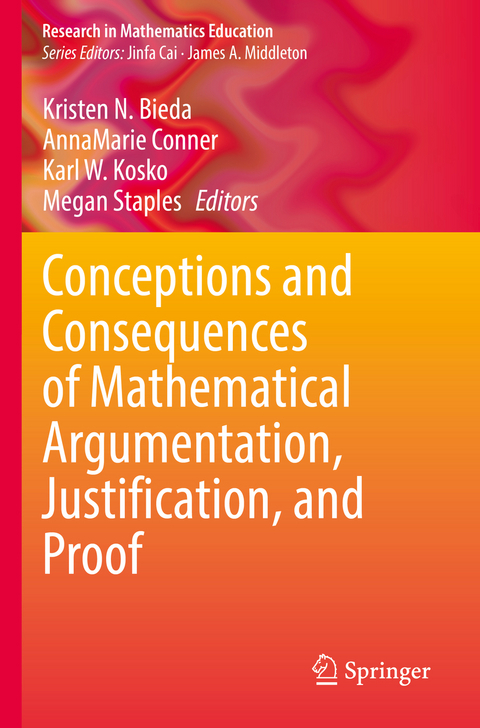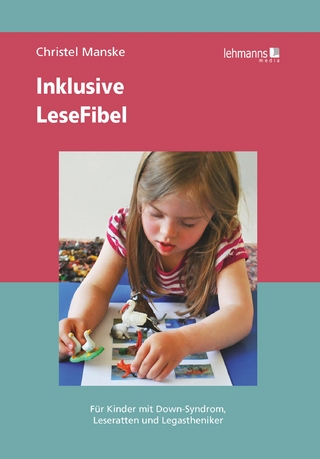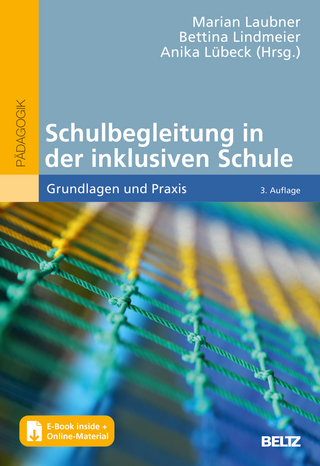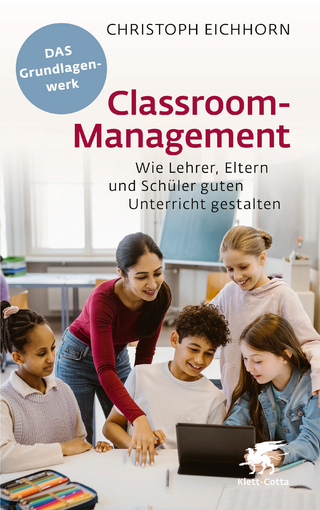
Conceptions and Consequences of Mathematical Argumentation, Justification, and Proof
Springer International Publishing (Verlag)
978-3-030-80010-9 (ISBN)
This book aims to advance ongoing debates in the field of mathematics and mathematics education regarding conceptions of argumentation, justification, and proof and the consequences for research and practice when applying particular conceptions of each construct. Through analyses of classroom practice across grade levels using different lenses - particular conceptions of argumentation, justification, and proof - researchers consider the implications of how each conception shapes empirical outcomes. In each section, organized by grade band, authors adopt particular conceptions of argumentation, justification, and proof, and they analyse one data set from each perspective. In addition, each section includes a synthesis chapter from an expert in the field to bring to the fore potential implications, as well as new questions, raised by the analyses. Finally, a culminating section considers the use of each conception across grade bands and data sets.
lt;p>Kristen Bieda is an associate professor of Teacher Education and Mathematics Education at Michigan State University. She also holds an appointment as the Associate Director of Mathematics for the CREATE for STEM Institute. Prior to her appointment at Michigan State, she taught mathematics at the middle school, high school and community college levels. Her research interests include understanding how to incorporate mathematical justification into school mathematics, particularly at the middle school level. She is also interested in the design of clinical experiences that support prospective teachers in learning to teach ambitiously. She is currently the subject area leader for secondary mathematics for Michigan State's secondary mathematics teacher preparation program.
AnnaMarie Conner is a professor of Mathematics Education in the Mary Frances Early College of Education at the University of Georgia. She investigates teachers' beliefs and identity construction during teacher education and how teachers learn to support collective argumentation in mathematics classes. These two lines of research come together in findings describing how teachers' beliefs impact their classroom practice with respect to collective argumentation. Dr. Conner's work investigates the complex connections between teacher education, teacher characteristics, and teacher practice. She is currently collaborating with secondary mathematics teachers in supporting mathematical arguments as well as investigating how elementary teachers navigate infusing argumentation into integrative STEM instruction.
Karl W. Kosko is an associate professor of Mathematics Education at Kent State University. His work focuses on how mathematical meaning is conveyed, and has addressed classroom argumentation and discourse, multiplicative reasoning, and use of representations of practice in teacher education.
Megan Staples is an associate professor of Mathematics Education in the Neag School of Education, University of Connecticut. Her teaching focuses on the preparation of secondary math teachers. Her research focuses on how teachers organize classroom environments that support powerful practices such as collaboration, justification and argumentation. She has served as PI and Co-PI on multiple grants focused on justification and argumentation including the NSF-funded JAGUAR project, and a state-level Math-Science Partnership grant, Bridging Math Practices.Introduction: Conceptualizing Argumentation, Justification, and Proof in Mathematics Education.- Part 1: Argumentation, Justification and Proof in an Elementary Classroom.- Overview of the Elementary Level Data.- Argumentation in the Elementary Grades: The Role of Participants, Tasks, and Tools.- Justification in the Elementary Grades: Justification to Develop and Provide Access to Mathematical Reasoning.- Proof in the Elementary Grades: A Multimodal Approach to Generalization and Proof.- On the Meanings of Argumentation, Justification, and Proof: General Insights from Analyses of Elementary Classroom Episodes.- Part 2: Argumentation, Justification and Proof in a Middle Grades Classroom.- Overview of Middle Level Data.- Argumentation in the Middle Grades: Exploring a Teacher's Support of Collective Argumentation.- Justification in the Middle Grades: A Process of Verification and Sense-Making.- Proof in the Middle Grades: Can we Label Middle Grades Arguments as Proof with a Capital P?.- Argumentation, Justification, and Proof in Middle School: A Rose by Any Other Name.- Part 3: Argumentation, Justification and Proof in High School Mathematics.- Overview of High School Level Data.- Argumentation in the Context of High School Mathematics: Examining Dialogic Aspects of Argumentation.- Justification in the Context of High School Mathematics: Co-Constructing Content and Process.- Proof in the Context of High School Mathematics: A First Approach through Discussion, with Occasions and Missed Opportunities.- Reasoning is in the Eye of the Lens-Holder: Observations Made through the Lenses of Justification, Argumentation, and Proof at the High School Level.- Part 4: Argumentation, Justification and Proof at the Tertiary Level.- Overview of Tertiary Level Data.- Argumentation in the Context of Tertiary Mathematics: A Case Study of Classroom Argumentation and the Role of Instructor Moves.- Justification in the Context of Tertiary Mathematics: Undergraduate Students Exploring the Properties and Relations of the Dihedral Group.- Proof in the Context of Tertiary Mathematics: Undergraduate Inquiry-Based Learning in Abstract Algebra as a Precursor to Mathematical Proof.- Mathematics Educators as Polymaths, Brokers, and Learners: Commentary on the Tertiary Chapters on Argumentation, Justification, and Proof.- Part 5: Lenses on Researching Argumentation, Justification and Proof Across the Grade Levels.- Participation in Argumentation: Teacher and Student Roles across the Grades.- Justification Across the Grade Bands.- Lens, Blinders, or Kaleidoscope? Using a Definition of Proof to Make Sense of Classroom Activity.- Conclusion: Considering the Consequences of Our Conceptions of Argumentation, Justification, and Proof.
| Erscheinungsdatum | 07.03.2023 |
|---|---|
| Reihe/Serie | Research in Mathematics Education |
| Zusatzinfo | XV, 333 p. 46 illus., 12 illus. in color. |
| Verlagsort | Cham |
| Sprache | englisch |
| Maße | 155 x 235 mm |
| Gewicht | 533 g |
| Themenwelt | Mathematik / Informatik ► Mathematik |
| Sozialwissenschaften ► Pädagogik ► Schulpädagogik / Grundschule | |
| Schlagworte | Argumentation • classroom-based research • Justification • mathematical argumentation • mathematical justification • Mathematical Practices • mathematical processes • mathematical proofs • Reasoning and proof |
| ISBN-10 | 3-030-80010-5 / 3030800105 |
| ISBN-13 | 978-3-030-80010-9 / 9783030800109 |
| Zustand | Neuware |
| Haben Sie eine Frage zum Produkt? |
aus dem Bereich


